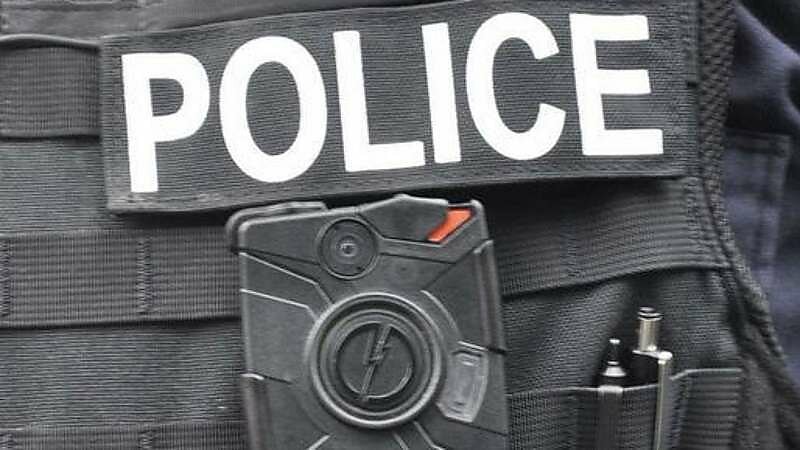A recent police-involved shooting in Charlotte, North Carolina helps illustrate the importance of body cameras and why North Carolina’s body camera law is misguided and unhelpful. Last night, Governor Pat McCrory declared a state of emergency following protests over the shooting of Keith Scott, who was shot and killed by an officer on Tuesday. The protests have left one citizen on life support and numerous police officers injured. The National Guard has been deployed. Making footage of the shooting publicly available would show that the Charlotte-Mecklenburg Police Department is dedicated to accountability and transparency while providing Charlotte residents with valuable information about the police who are tasked with protecting their rights.
Although the officer who shot Scott was not wearing a body camera, three officers at the scene were. There are concerns associated with making this body camera footage available to the public. But in my Cato Policy Analysis “Watching the Watchmen” I outline policies that I think balance citizens’ privacy with the need to increase accountability and transparency.
Many routine police interactions with citizens present significant privacy concerns. What about when police talk to informants, children, or victims of sexual assault? What if a citizen is naked, or is the victim of a traffic accident? What about footage that shows someone’s bedroom or living room? Police regularly interact with people experiencing one of the worst days of their lives, and it would be irresponsible to think that a desire to increase police accountability outweighs these privacy concerns.
Nonetheless, the Scott shooting is an example of the kind of police encounter that presents few privacy concerns. Scott was outside, in a parking lot. He and the responding officers did not have a reasonable expectation of privacy. The shooting, like the Walter Scott shooting, could have been filmed by passerbys. There is no indication from the reporting that I’ve seen suggesting that Scott was naked, intoxicated, or blurting out confidential information. According to Charlotte-Mecklenburg Police Chief Kerr Putney, Scott refused repeated demands to put down a gun. Scott’s family claim he was reading a book in his vehicle.
An upcoming North Carolina law heavily restricts access to body camera footage, requiring members of the public to have a court order before accessing video. Despite the fact that the law doesn’t come into effect until next week, Charlotte-Mecklenburg Police Chief Kerr Putney has mentioned it while discussing his decision not to release the footage. However, he has stated that Scott’s family will be able to view the relevant footage, which he claims does not show Scott definitively pointing a gun at anyone.
Footage of the Keith Scott shooting is not the kind of footage sometimes mentioned in discussions about which body camera footage should be exempt from public release requests. Scott was outside, and his shooting is clearly of interest to the public. As such, footage of the shooting should be released.

